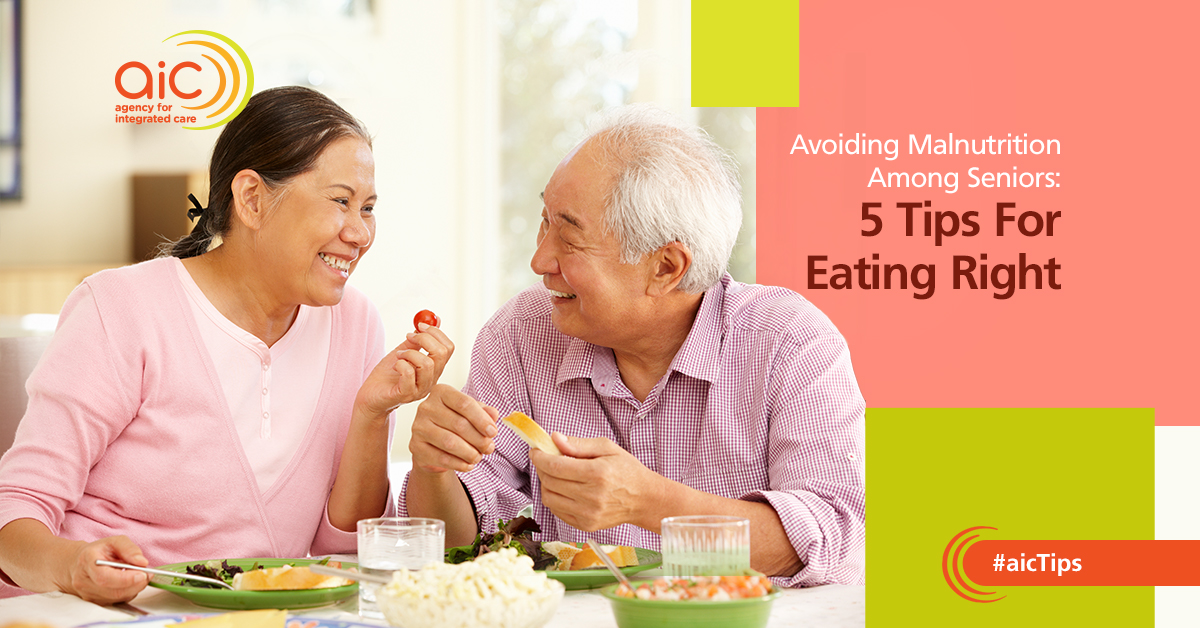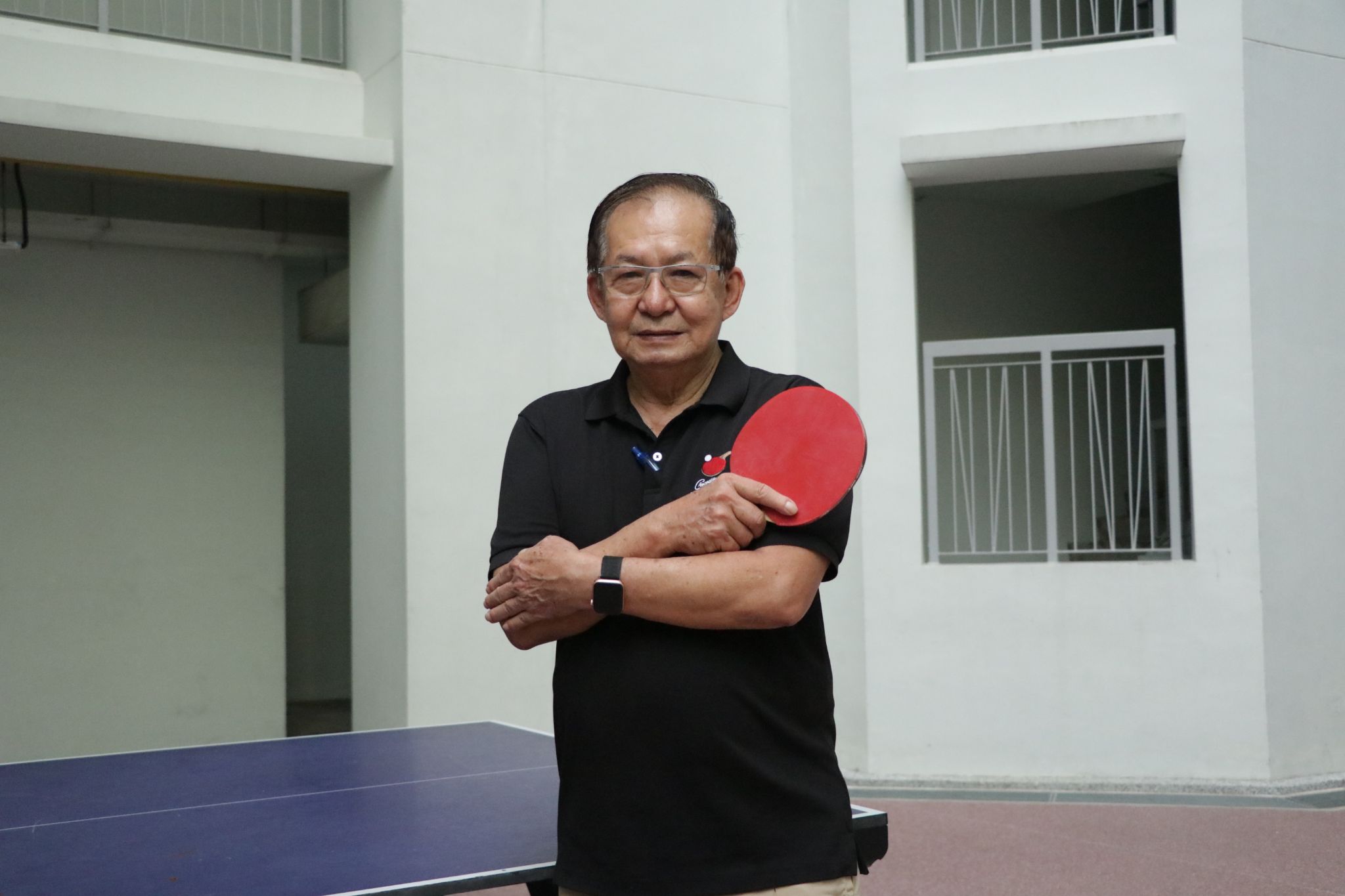For a start, we need to understand the difference between malnutrition, and being underweight. Malnutrition is when a person does not receive the right amount of nutrients required by the body. The two main types of malnutrition are undernutrition – lack of nutrients, and overnutrition – too many nutrients.
Being underweight refers to a person whose body weight falls below their healthy weight range, and this is often determined by calculating your Body Mass Index (BMI).
When seniors do not have enough nutrients (e.g. proteins, dietary fibre, vitamins) in their diet, they are likely to experience undernutrition which can cause increased frailty and other health complications. On the other hand, too much nutrients, or overnutrition, may lead to health conditions such as obesity and diabetes.
What causes malnutrition?
Some seniors are malnourished because of a health condition.
For others, it could because they have trouble chewing and swallowing nutrient-rich food, such as fish or poultry. Furthermore, as we age, it is normal to lose body and muscle mass in a condition called sarcopenia. But paired with a significant decrease in food intake, it can lead to chronic diseases, and increases the risk of injury and falls.
Undernutrition also slows down the body’s recovery time due to insufficient nutrients to help in the healing process.
To ease you in your caregiving journey, we’ve prepared a list of five simple tips to form good eating habits for seniors!
1. Stick to a schedule
When you have fixed timings for your three meals, your loved ones become accustomed to the routine. Plus, it’s a great habit to adopt especially for seniors with dementia, as it gives them structure and less anxiety. For starters, caregivers can look online for interesting dishes and experiment with food, so that their loved ones are not bored at mealtime.
2. Choose nutrient-dense food over junk food
Eating for nutrients has bigger benefits especially for long-term care. To inculcate good habits, caregivers and seniors must start eating well early. Avoid excessively sweet treats, desserts, and alcoholic drinks, which are high in calories. Instead, choose food high in fibre, and rich in protein. Besides eating chicken without its skin, opt for more fish such as salmon, cod, tuna and sardine.
P.S. Moderation is important.
3. Variety is key
For certain seniors, a loss of appetite may deter them from eating regularly or at all.
On top of that, deteriorating oral health and loss of sensory functions could also reduce their enjoyment when eating. To combat that, we recommend caregivers to prepare food with more variety within each food group — have a good mixture of protein, carbohydrates, and fats, in a single serving. If you’re running out of options, check out this list of healthy recipes by the Health Promotion Board. Don’t be afraid of experimenting with spices to help whet your seniors' appetite!
Lastly, you could also vary your plating, and the garnishing of your food, to make them look more palatable.
4. Tap on services near you
There are also many food services in Singapore for seniors to tap on. For example, care services, such as Meals on Wheels, is available to homebound clients who have no caregivers to buy or prepare meals for them.
There’s also other food initiatives by local enterprises such as Share A Pot, Our Kitchen and Willing Hearts to ensure that individuals who are in need, receive the proper aid for their well-being and sustenance.
5. Add nutritional supplements
If your eating schedule or nutrition plan for your loved one doesn't work out, it’s not all doom and gloom. Talk to a doctor about nutritional supplements that will be beneficial for them to add to their diet.
Researchers from Changi General Hospital (CGH), SingHealth Polyclinics, and healthcare company Abbott say that nutritional supplements, when combined with the right dietary habits, can improve muscle mass and strength of seniors who are at risk of malnutrition.
Healthy eating for seniors doesn’t have to be complicated. While there can be teething challenges in implementing new routines and nutrition plans, having the commitment for a balanced diet will help avoid malnutrition and benefit seniors in the long run.










